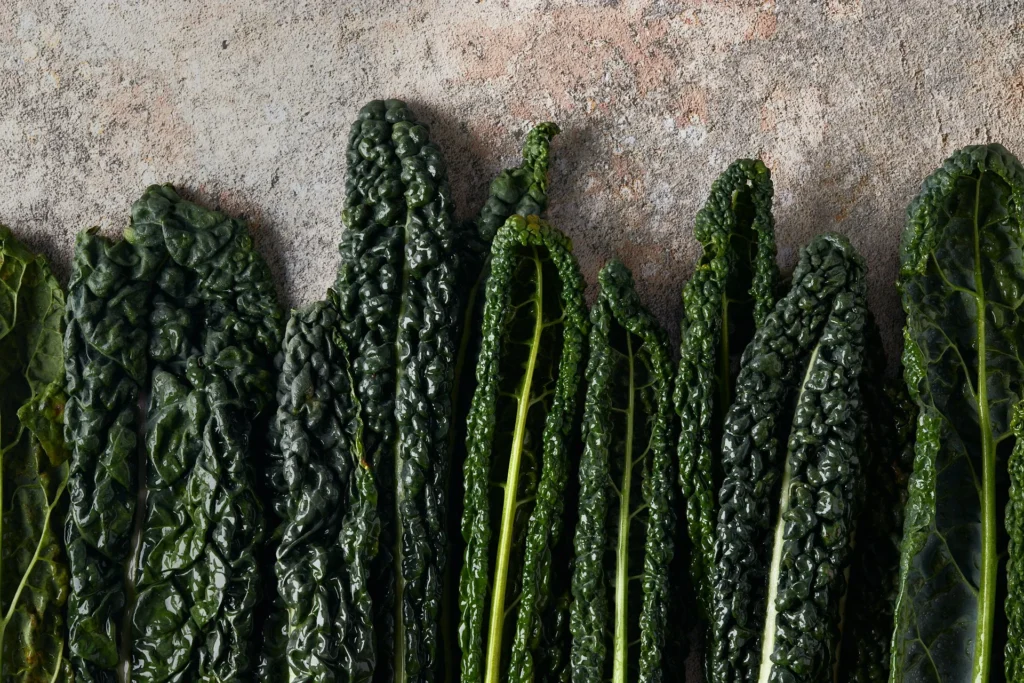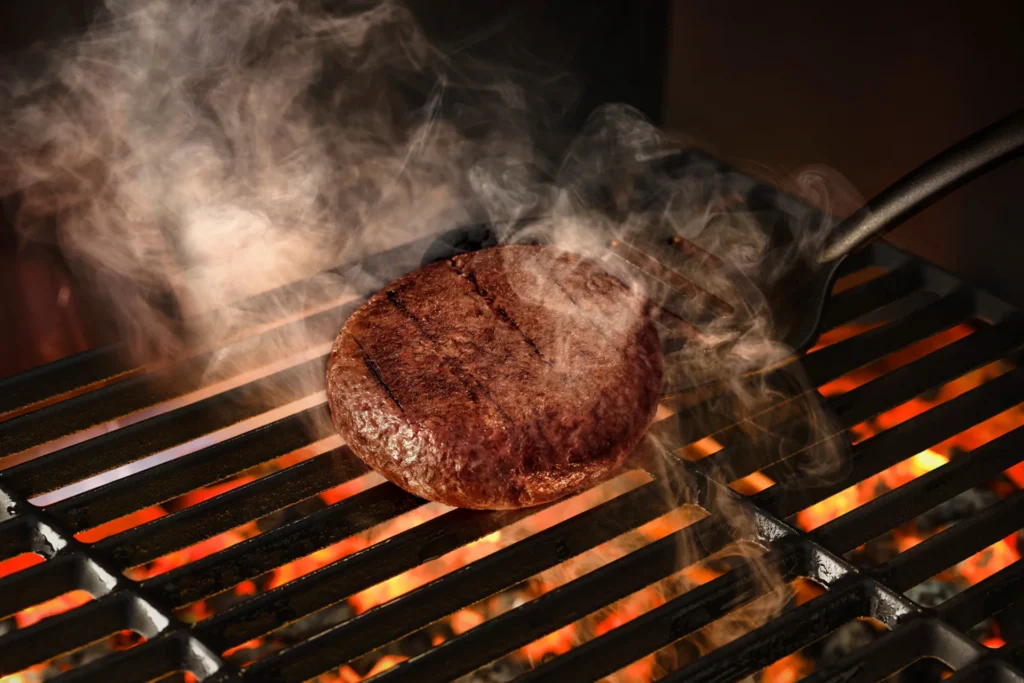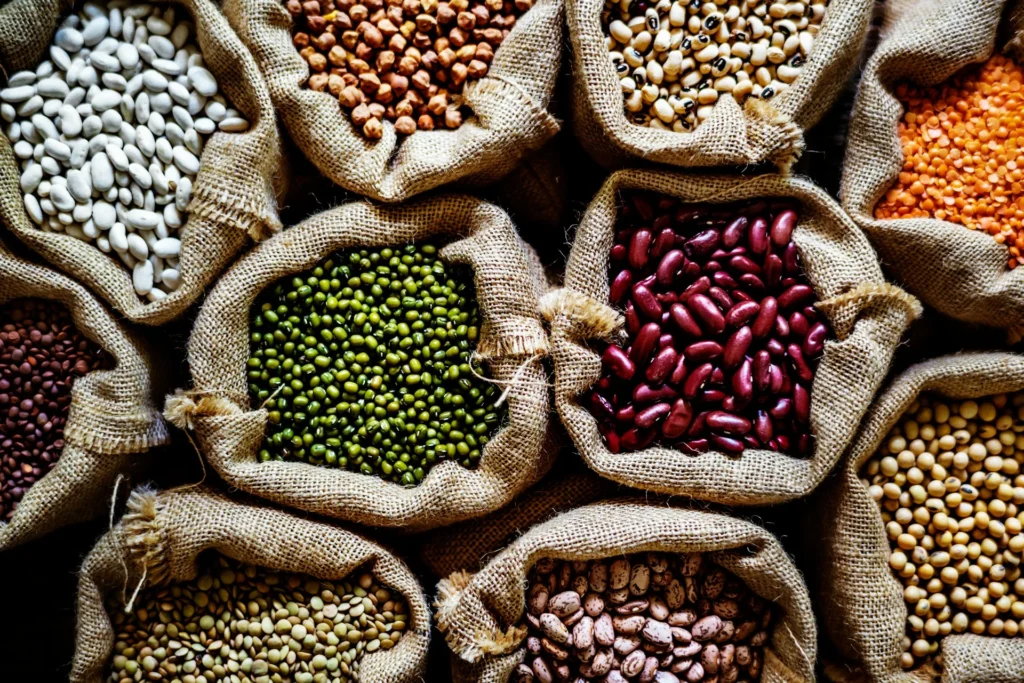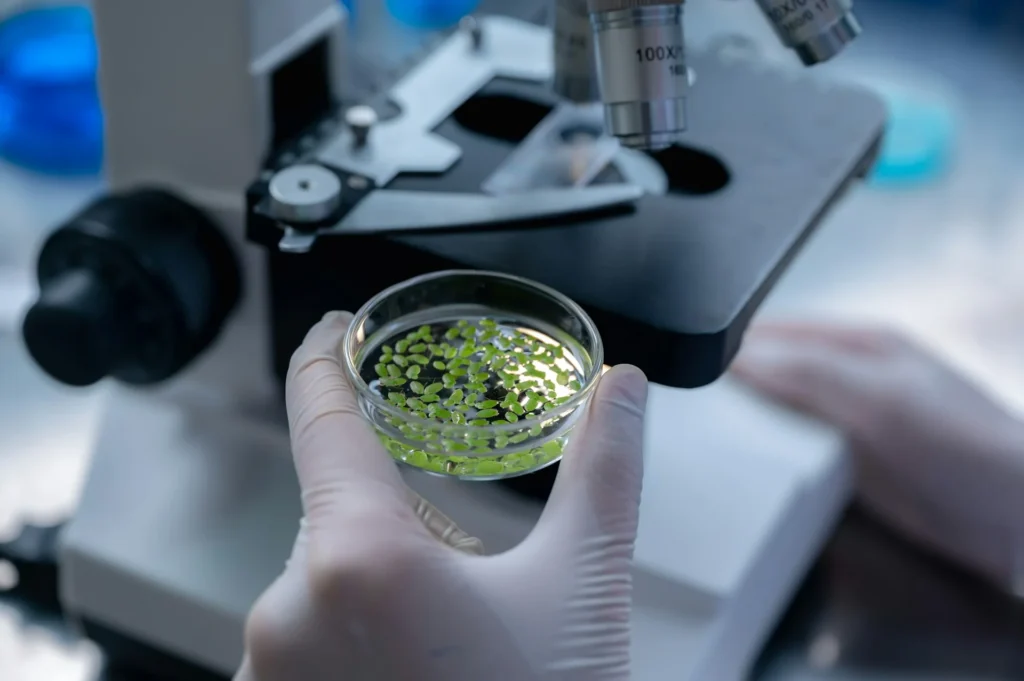In recent years, plant-baseddiets have become increasingly popular among the population, leading to a significant increase in demand for plant-based products. In response to this trend, companies in the industry have begun to name their products with terms commonly associated with foods of animal origin, such as “sliced,” “sausage,” or “hamburger,” while clearly highlighting the plant-based nature of the product on the label. This strategy was adopted to make plant-based products more familiar and accessible to consumers, thus facilitating their integration into their eating habits.
This practice is known as “meat sounding,” a term that specifically refers to the use of names commonly associated with meat products to describe foods containing only plant-based proteins.
As a result of its increased prevalence, however, meat sounding has become the subject of heated debate in several European countries, some of which have chosen to introduce regulations to ban it, believing that it could mislead consumers. The first country to take such action was France, which through Decree No. 947 of June 29, 2022, banned “the use of terminology specific to sectors traditionally associated with meat and fish to refer to products not belonging to the animal kingdom.” Following the French example, Italy also introduced a similar ban with the enactment of Law No. 172 of Dec. 1, 2023. In Article 3, the Italian legislature in fact banned the use of terminologies typically associated with meat to describe processed products containing exclusively plant proteins, aiming to protect the national livestock heritage and ensure correct consumer information.
Although the French decree and the Italian law represent the first specific interventions aimed at banning the use of meat-related terms to describe plant-based products, the ban on the use of names traditionally associated with foods of animal origin for plant-based products is not a first. In fact, in 2017, the Court of Justice of the European Union had already ruled on a similar issue, but concerning the dairy sector. The case had originated before a German regional court, following a dispute between an association working to combat unfair competition and the company TofuTown, which produces and distributes plant-based products using designations such as “vegan cheese.” In its ruling, the Court found that the use of the name “milk” and designations that Regulation (EU) No. 1308/2013 reserves solely for dairy products to designate a purely plant-based product is not lawful, and this is the case even if these designations are supplemented by explanatory indications indicating the plant origin of the product in question. The legal basis for this decision was identified in Article 78(2) of the Regulation, which in conjunction with Annex VII, stipulates that designations such as “butter,” “cheese,” or “yogurt” may only be used for products derived from milk, defined as “the product of normal mammary secretion, obtained by milking, without any addition or subtraction.”
Seven years after the TofuTown ruling, however, the Court of Justice has been asked to rule again on whether terms typically associated with animal products can be used to refer to plant-based foods, in this case with reference, however, to the phenomenon of meat sounding.
It is thus necessary to bring attention back to the French decree mentioned above. In fact, following its promulgation, three separate appeals for annulment were submitted to the Conseil d’État (French Council of State) initiated by the Protéines France association, the European Vegetarian Union together with the Association Végétarienne de France, and the Beyond Meat company. In response, the French Council of State saw fit to refer a number of questions to the Court of Justice regarding the meat sounding phenomenon and the relative margin of discretion available to member states in this area. Pending a response from the Court, the French court also decided to suspend the decree in question.
On October 4, 2024, the Court of Justice finally released its decision in the long-awaited ruling, reaching different conclusions from those in the TofuTown case.
Let us see what the above ruling established.
The Court of Justice of the European Union (CJEU), in Case C-438/23 highlights the complex intertwining of national regulations and European law in the food sector. At the center of the dispute we find the French Decree of 2022 (later amended and repealed by Decree 2024-144), which, as mentioned, prohibited the use of animal names for plant-based foods in France.
Several associations, including Union Végétarienne Européenne and the Beyond Meat company, challenged the decree before the French Conseil d’État, arguing that it violated EU Regulation No. 1169/2011. According to the plaintiffs, European regulations already set clear criteria on labeling, which allow the use of recognizable terms as long as they are not misleading, making local regulatory interventions unjustified.
CJEU Advocate General Tamara Ćapeta, on Sept. 5, 2024, offered a key interpretation of the EU regulation, arguing that while leaving member states leeway on some aspects, the regulation grants producers freedom in naming their products, as long as they do not mislead consumers.
In particular, Advocate Ćapeta specified how member states can establish legal designations for certain foods as long as those designations are not already harmonized at the European level, and that Article 7 of the regulation prohibits misleading designations, but leaves operators free to choose common terms unless there is a specific legal designation, and that, in addition, the French rules can be applied only to products manufactured in France, thus not restricting imports and exports. Therefore, the decree would not be an obstacle to the free movement of goods.
On October 4, 2024, the Court of Justice issued a ruling that reinforces the concept of regulatory harmonization at the European level. The Court ruled that EU harmonization is binding, as Articles 7 and 17 of EU Regulation 1169/2011 explicitly harmonize rules on labeling, prohibiting member states from introducing additional national measures restricting the use of animal names for plant foods, as long as the labeling does not mislead.
France cannot, therefore, prevent the use of common names, such as “steak” or “sausage,” for vegetable protein products, as long as the vegetable composition of the product is clearly indicated.
In addition, the Court confirmed that national administrative sanctions remain valid if they are proportionate and effective, but rejected the possibility for a member state to set plant protein thresholds below which animal names are allowed. Such a practice would violate European harmonization by creating barriers to the free movement of goods.
With this decision, the CJEU reinforces the principle that plant products can use terms commonly associated with animal products, in line with EU labeling rules, while promoting clear information for consumers. This important precedent promotes the free market and encourages increasingly consistent European legislation in harmony with the needs of the food sector.
In addition, the decision facilitates the path toward greater acceptance of plant products by promoting environmental sustainability under the “Farm to Fork“.
As a result of this ruling, the prohibitions in Italian Law No. 172/2023, which we have discussed here, and in line with changes in society and consumption, the demagogic prejudices that led to its approval also completely collapse.






